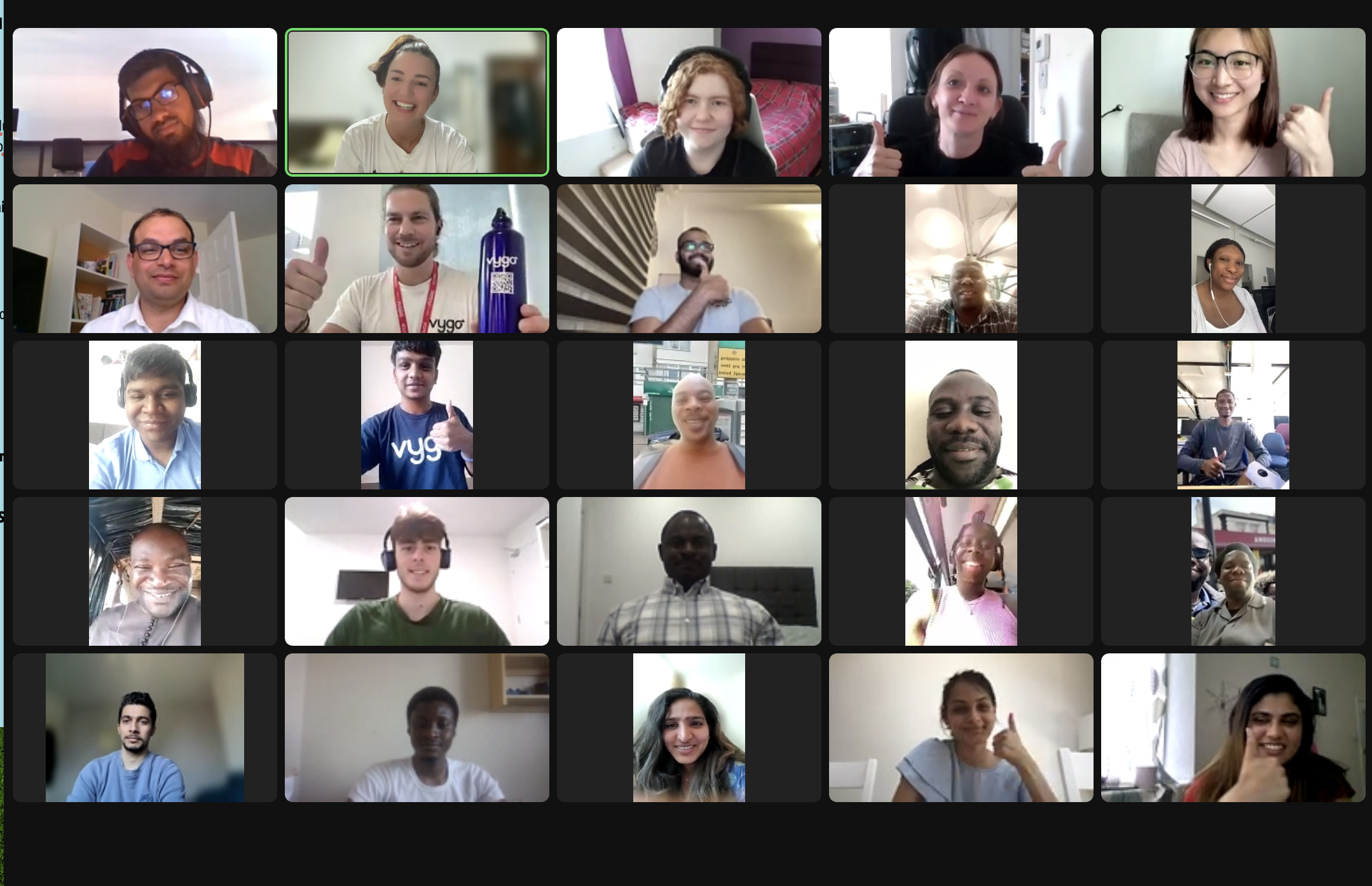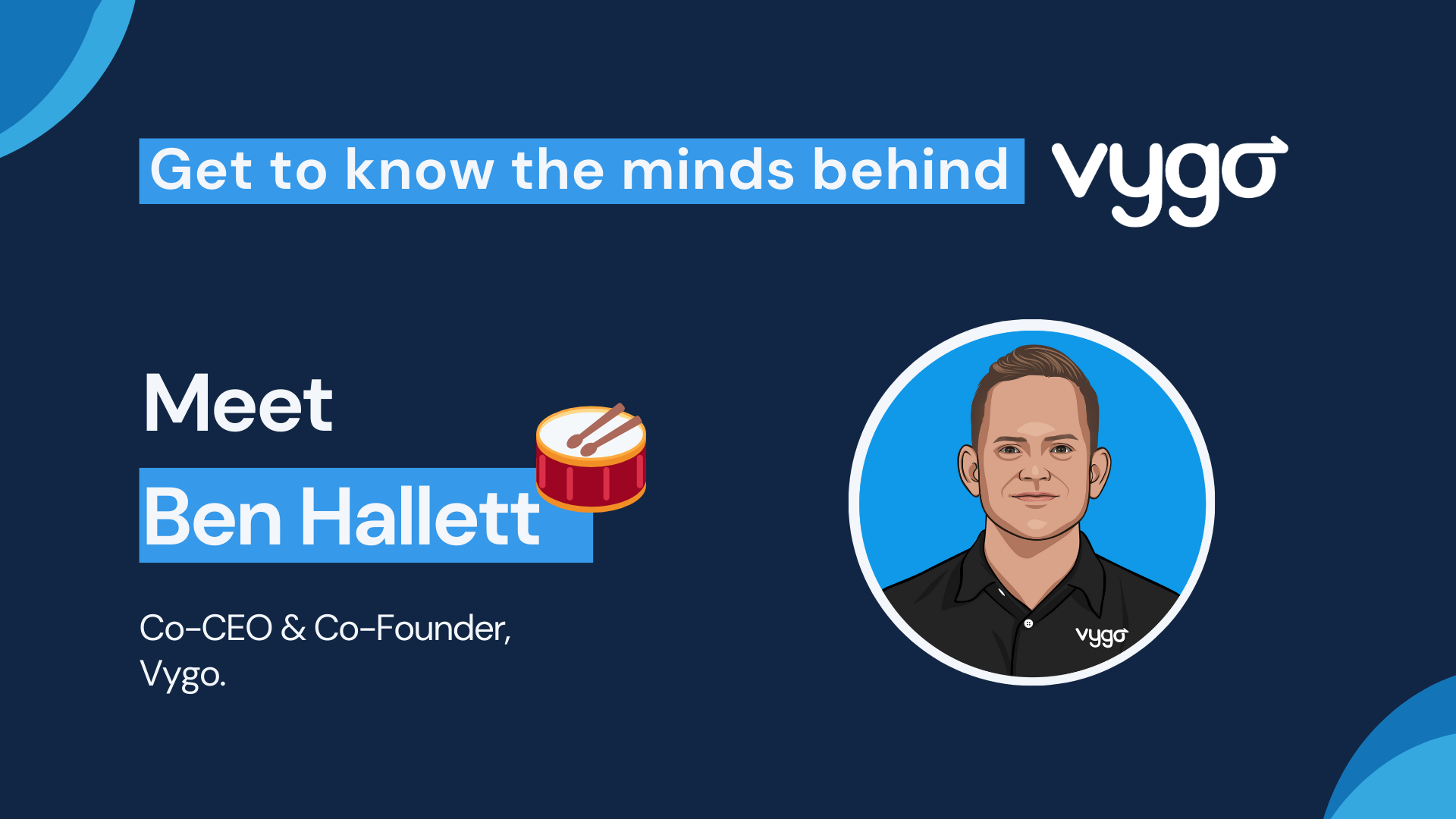The Crucial First Weeks of University: The Transformative Impact of Nurturing Support Seeking Behaviour

According to recent research, the initial weeks of university life are pivotal for student success and retention (Maher, & Macallister, 2013). This crucial period presents a unique opportunity for higher education institutions to provide comprehensive support that empowers students to overcome challenges and thrive academically. By capitalising on support-seeking behaviour during this time, universities can create an environment that fosters student engagement and success. In this blog post, we will explore the significance of tapping into support-seeking behaviour in higher education students during the first four weeks of university and discuss how Vygo, an innovative online student support ecosystem platform, can assist in this endeavour.
Enhanced Connection and Engagement
During the early stages of their university journey, students often seek guidance, information, and support. Vygo enables institutions to facilitate connections between students and experienced mentors, university services and educators who can offer personalised assistance. This connection and engagement can help students navigate academic challenges, adapt to university life, and foster a sense of belonging.
Timely Access to Resources
Research has shown that students who access support services early on are more likely to persist and succeed in their studies (McKenzie, & Schweitzer, 2001). Vygo provides a centralised support ecosystem platform where students can access a wide range of resources, including academic support materials, study tips, and university services. This timely access to resources can significantly improve students' confidence, academic performance, well-being and overall university experience.
Targeted Intervention
With Vygo's analytics and tracking capabilities, institutions can identify students who may be at risk of falling behind or disengaging early on. By proactively reaching out to these students and offering targeted support, universities can address their concerns promptly, boosting their chances of success. Research has demonstrated that early intervention strategies are highly effective in improving student outcomes and retention rates (Adnan et al., 2021).
Peer-to-Peer Support
Studies have shown that peer support plays a vital role in student success (Wong & Chapman, 2023). Vygo enables students to connect with experienced mentors who have successfully navigated university or graduate life challenges. These mentors can provide invaluable guidance, share academic achievement strategies, and support adapting to the university environment. Peer-to-peer support fosters a sense of community, facilitates learning, and reduces feelings of isolation.
Seamless Communication
Effective communication is essential for supporting students during their transition to university. Vygo's intuitive and user-friendly interface enables easy and seamless communication between students and their mentors, tutors, or advisors. Whether seeking assistance with assignments, discussing career aspirations, or addressing personal concerns and well-being, students can connect with their support network at their convenience, fostering a supportive and inclusive learning environment.
Research has consistently shown that capitalising on support-seeking behaviour in students during the critical first weeks of university significantly improves student outcomes, retention rates, and overall satisfaction (Shafait et al., 2021). By implementing Vygo, an online student support ecosystem platform, higher education institutions can create a comprehensive support system that empowers students to succeed academically and personally. Take advantage of this opportunity to enhance student success at your institution. Book a meeting with Vygo today and revolutionise student support in the first weeks of university!
References
Adnan, M., Habib, A., Ashraf, J., Mussadiq, S., Raza, A. A., Abid, M., ... & Khan, S. U. (2021). Predicting at-risk students at different percentages of course length for early intervention using machine learning models. Ieee Access, 9, 7519-7539.
McKenzie, K., & Schweitzer, R. (2001). Who succeeds at university? Factors predicting academic performance in first year Australian university students. Higher education research & development, 20(1), 21-33.
Maher, M., & Macallister, H. (2013). Retention and attrition of students in higher education: Challenges in modern times to what works. Higher Education Studies, 3(2).
Shafait, Z., Khan, M. A., Sahibzada, U. F., Dacko-Pikiewicz, Z., & Popp, J. (2021). An assessment of student’s emotional intelligence, learning outcomes, and academic efficacy: A correlational study in higher education. Plos one, 16(8), e0255428.
Whalen, D., Saunders, K., & Shelley, M. (2009). Leveraging what we know to enhance short-term and long-term retention of university students. Journal of College Student Retention: Research, Theory & Practice, 11(3), 407-430.
Wong, W. H., & Chapman, E. (2023). Student satisfaction and interaction in higher education. Higher Education, 85(5), 957-978.


